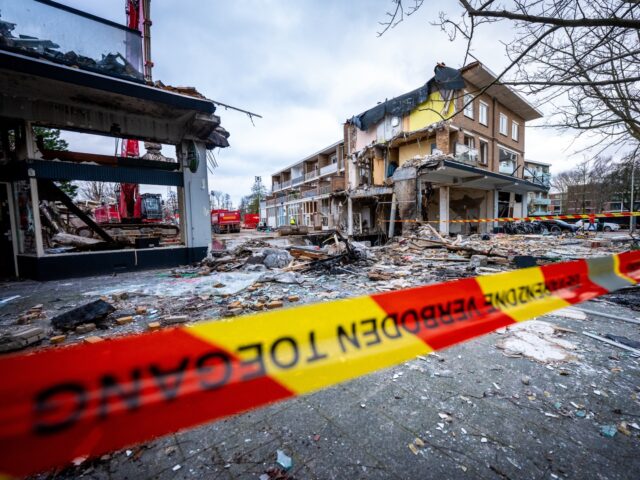Dutch Police announced Tuesday that they have arrested three suspects in connection to the large explosion that rocked a residential area of The Hague on Saturday.
In the late hours of Monday evening, police arrested three suspects over potential involvement in the explosion at an apartment building in the Tarwekamp area of The Hague, which left at least six people dead and four others hospitalised.
Dutch Police went on to reveal that they seized several cars as a part of their investigation, however, it currently remains unclear if one of the cars was that seen by witnesses speeding away from the scene shortly after the devastating blast.
The police have so far refused to reveal the identity of the three arrested suspects, who are currently under restrictions meaning they can only meet with their attorneys. The police said that given that the investigation is ongoing, they are “reluctant to share further substantive information about the case.”
“The investigation continues unabated, further arrests are not excluded. Work is currently taking place to increase the stability of the apartment complex on the Tarwekamp. As soon as the crime scene is safe, the forensic investigation will resume,” the force said in a statement.
Mayor of The Hague Jan van Zanen celebrated the arrests, saying: “The police arrested three suspects in a very short time in the search for the cause of the explosions at the Tarwekamp. Compliments for this excellent detective work at a complicated location.”
On Monday, the police said that there was no evidence that a drug lab was present in the building prior to the explosion. They also said that there were no individuals known to police in the buildings, De Telegraaf reports.
While Dutch media has been hesitant to speculate on the potential motive behind the blast, Germany’s Bild, the top selling paper in Europe, noted that The Netherlands has been subjected to widespread gang warfare, particularly from the Moroccan ‘Mocro Mafia’.
“In fact, the country has repeatedly dealt with criminal drug gangs that intimidate rival dealers with explosive attacks. Most recently, the Dutch-Moroccan Mocro mafia also moved its criminal activities to Germany. In North Rhine-Westphalia, there were repeated explosive attacks, tortures and murders, which were on the account of the Mocro mafia,” the paper wrote Monday.
After visiting the scene of the explosion on Monday, Justice Minister David van Weel acknowledged that the country has a “huge problem” with explosive attacks.
According to Dutch Police, there were 1,017 attacks with explosives in 2023. The attacks are often carried out with heavy fireworks, which police said can have a similar impact as TNT and can become even more devastating when combined with fuel.

COMMENTS
Please let us know if you're having issues with commenting.